Game For Life
.jpg?width=1440&height=338&name=home%20banner%20bg%20(2).jpg)
Heart of Coaching
Ardi Ramli & Lionel Teo: Be Brave in the Attempt
C. Kunalan: Gratefulness to my Coaches
Teo Siew Lan: Character Makes Champions
Loh Ngiap Tai: To Coach is to Love
Louise Khng: Trust the Process
Ang Peng Siong: An Environment where Champions are Inevitable
Impact of Coaches

Shanti Pereira

Alethea and Alaina Lee
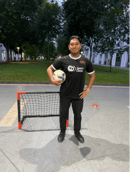
Muhammad Syafiq Bin Abdul Manap

Vanessa Yan
Coach For
The Athletes
Watching my players grow not only as athletes but also individuals, as they build their confidence, leadership skills and foster strong relationships with others, is incredibly fulfilling. I believe coaching allows me to contribute to the larger goal of growing the love for sport
Cheong Peng Chin Winson
ActiveSG Volleyball Academy & School Teams Coach (Singapore Coach Medallion Winner 2023)
Hold yourself to the highest standards and always remember you are a role model for many. So do not abuse the trust and power given to you
Teo Shun Xie
National Youth Team Pistol Coach
The priceless moment for a coach is when you are remembered not only for your coaching but for the fact that you touched someone’s life. For that, they will remember you wherever they go!
Nur Faizah Binte Mohd Ardi
Football & Kinball Coach
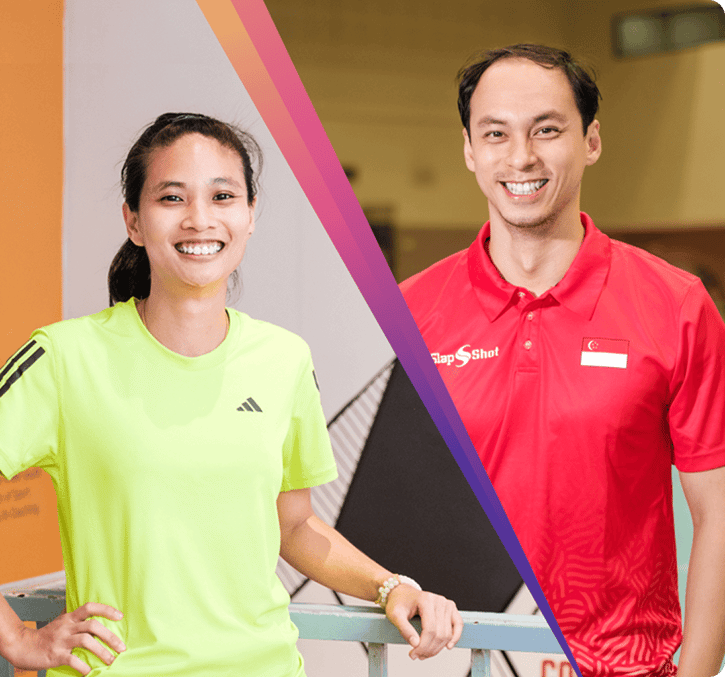
Share an inspirational story about your coach!
Submit inspirational stories and meaningful impact that coaches have been making on the ground working with parents, athletes, and shareholders.
Game For Life Framework
The Game for Life Framework provides coaches with a structured approach to intentionally develop character values and self-leadership through sports programmes. This framework helps coaches design purposeful sporting experiences that go beyond physical skills to nurture essential life skills.
Who is this for
For Coaches and Teachers who develop well-rounded athletes through sports, transforming learning moments into life lessons while nurturing character and essential life skills.
Perfect for anyone who believes in developing both athletic excellence and personal growth.
Framework Overview
A coaching framework that integrates Sport Mastery, Social, Moral and Performance Values/Attributes. Through HEART principles and Check-Act-Reinforce methods, coaches develop athletes holistically in both sport and life.
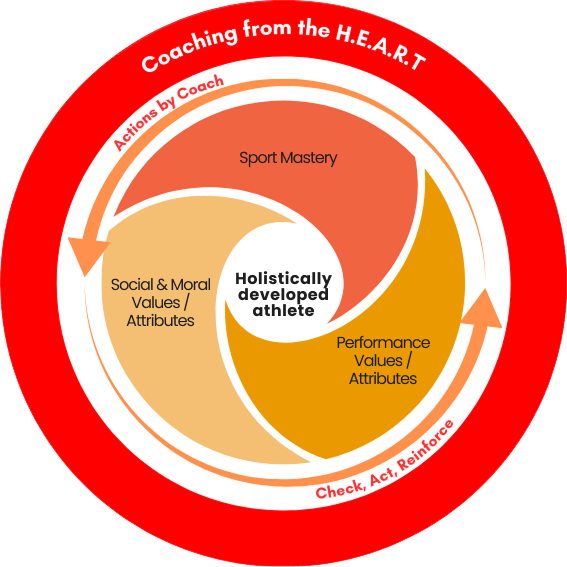
The framework's outer ring represents the HEART of coaching, the driving force behind coaches' actions. By positioning this crucial element on the periphery, the model emphasizes how HEART principles should permeate all aspects of athlete development.
Guided by the principles of Coaching from the Heart, coaches design and deliver activities through the Check-Act-Reinforce cycle. This approach ensures holistic development across sport mastery, values, and performance.
Develop technical and tactical abilities and game understanding through progressive training. Design activities that build fundamental to advanced skills for competitive readiness.
Develop values and attributes like mental focus, resilience through planned practice. Design training that enhances these values and attributes for competitive success.
Design coaching sessions that develop character values such as teamwork, integrity, and communication alongside sport-specific skills. Create training environments where these qualities emerge naturally through planned activities.
An athlete who excels in sport mastery, social and moral values, and performance attributes. This results from the balanced integration of technical, tactical skills, character development, and competitive capabilities, guided by coaching from the heart.
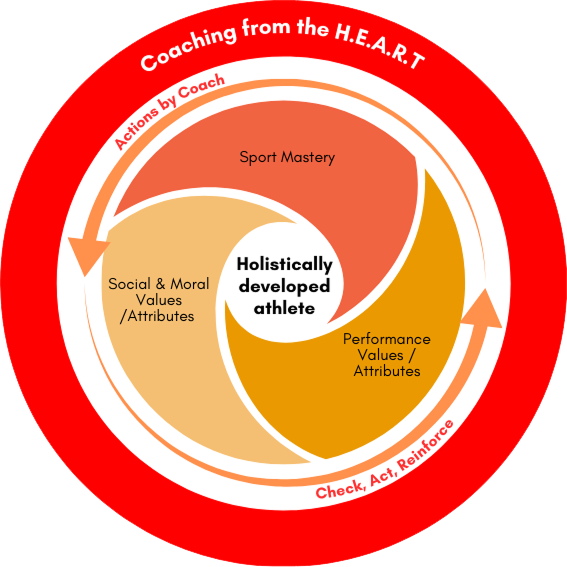
The framework's outer ring represents the HEART of coaching, the driving force behind coaches' actions. By positioning this crucial element on the periphery, the model emphasizes how HEART principles should permeate all aspects of athlete development.
Guided by the principles of Coaching from the Heart, coaches design and deliver activities through the Check-Act-Reinforce cycle. This approach ensures holistic development across sport mastery, values, and performance.
Develop technical and tactical abilities and game understanding through progressive training. Design activities that build fundamental to advanced skills for competitive readiness.
Develop values and attributes like mental focus, resilience through planned practice. Design training that enhances these values and attributes for competitive success.
Design coaching sessions that develop character values such as teamwork, integrity, and communication alongside sport-specific skills. Create training environments where these qualities emerge naturally through planned activities.
An athlete who excels in sport mastery, social and moral values, and performance attributes. This results from the balanced integration of technical, tactical skills, character development, and competitive capabilities, guided by coaching from the heart.
Steps to Planning a Game For Life Lesson
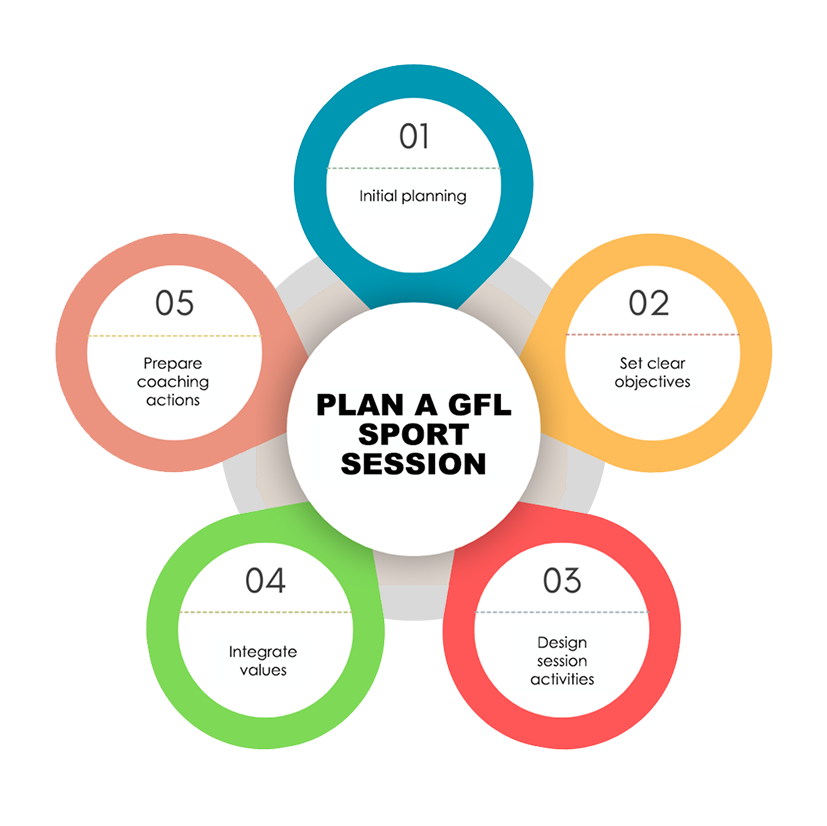
- Determine session basics (group size, level, duration, venue)
- Identify session number in overall program
- List required equipment
- Consider athlete readiness/ability levels
- Define specific technical/tactical skills to develop
- Ensure objectives are appropriate for athlete level
- Make objectives observable
- Plan time allocation for each segment
- Create progressive activities (warm-up → main → conclusion)
- Include diagrams and organization details
- Ensure activities support both skills and values
- Select values that align with training objectives/sport skills
- List specific observable behaviors to look for
- Consider individual athlete needs
- Have in mind coaching cues and facilitative questions to guide learning of skills and values
- Plan coaching actions that will take place before, during and after your main training activities, using Check-Act-Reinforce process to facilitate learning
CHECK:
- Write specific questions to check understanding
- Plan how to observe both skills and behaviors
- Prepare clear instructions and explanations
ACT:
- Plan responses to expected behaviors
- Prepare specific feedback cues
- Design interventions for teaching moments
REINFORCE
- Plan reflection questions
- Design ways to connect learning to life
- Prepare summary points for session closure (at conclusion)
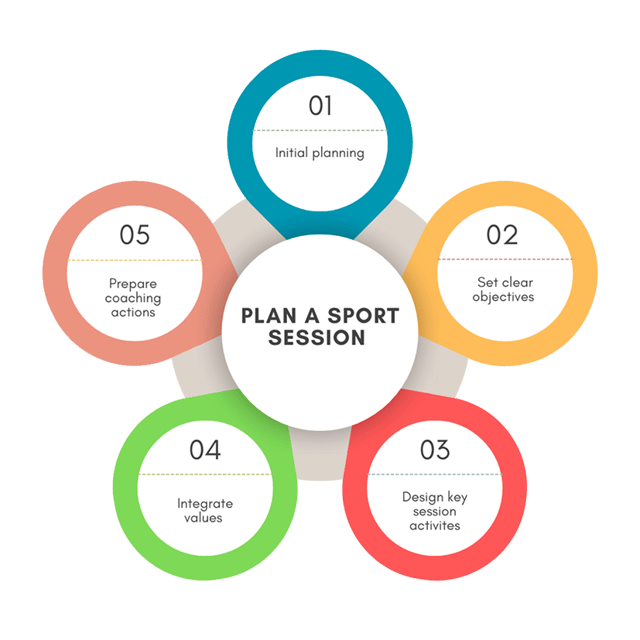
- Determine session basics (group size, level, duration, venue)
- Identify session number in overall program
- List required equipment
- Consider athlete readiness/ability levels
- Define specific technical/tactical skills to develop
- Ensure objectives are appropriate for athlete level
- Make objectives observable
- Plan time allocation for each segment
- Create progressive activities (warm-up → main → conclusion)
- Include diagrams and organization details
- Ensure activities support both skills and values
- Select values that align with training objectives/sport skills
- List specific observable behaviors to look for
- Consider individual athlete needs
- Have in mind coaching cues and facilitative questions to guide learning of skills and values
- Plan coaching actions that will take place before, during and after your main training activities, using Check-Act-Reinforce process to facilitate learning
CHECK:
- Write specific questions to check understanding
- Plan how to observe both skills and behaviors
- Prepare clear instructions and explanations
ACT:
- Plan responses to expected behaviors
- Prepare specific feedback cues
- Design interventions for teaching moments
REINFORCE
- Plan reflection questions
- Design ways to connect learning to life
- Prepare summary points for session closure (at conclusion)
Values & Attributes
Performance values and attributes are important for sports proficiency for effective skill learning and execution.
They have a direct connection to success and achievement at individual and team levels.

- Maintains focus during instructions
- Responds quickly to coaching feedback
- Shows active engagement in training
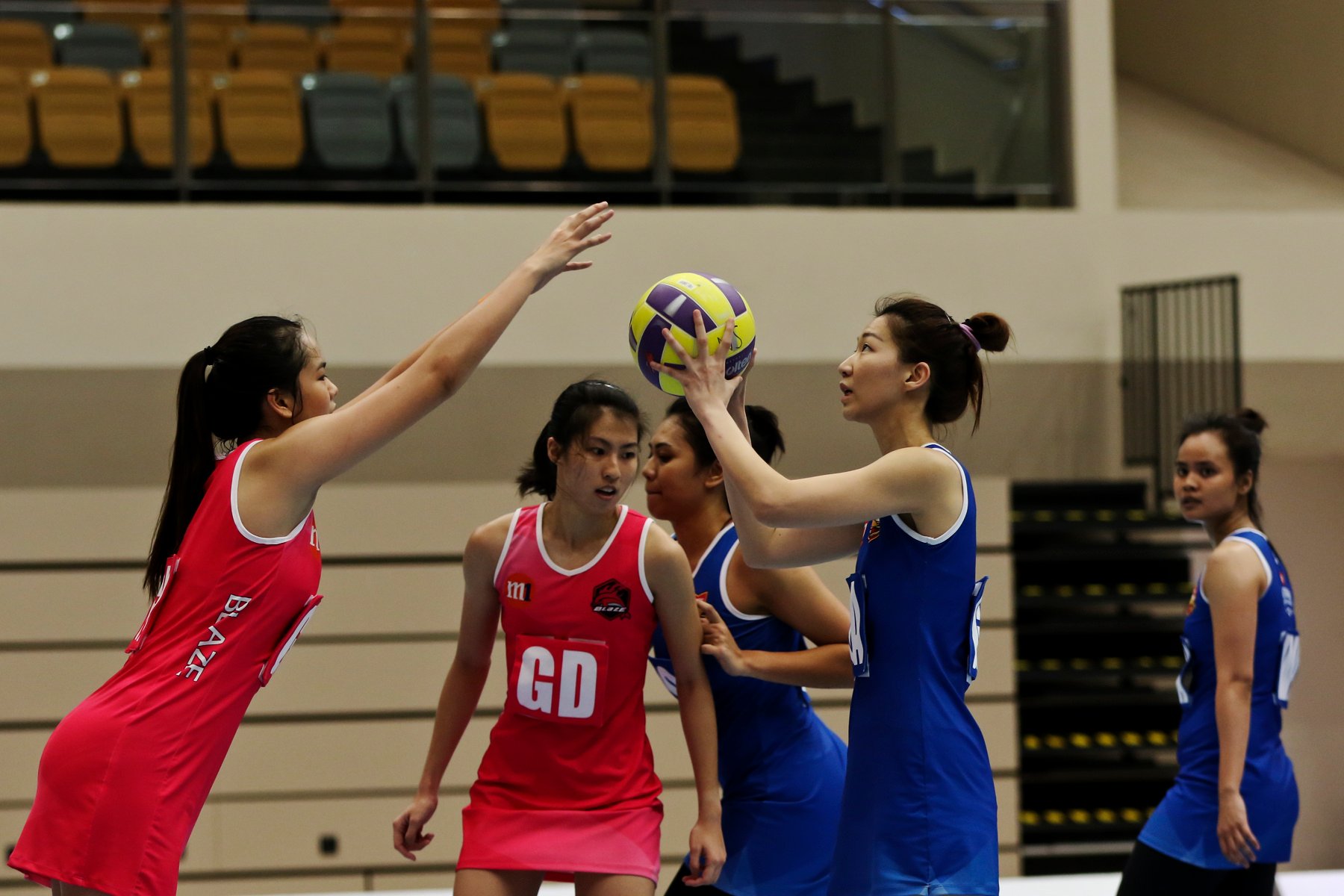
- Reads game situations effectively
- Understands own position/role
- Adapts to changing conditions
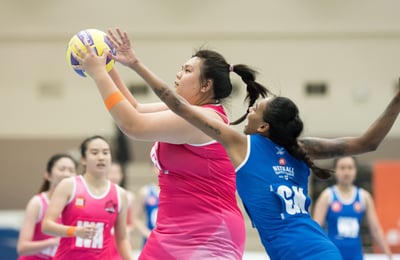
- Rises to challenges
- Shows fighting spirit in tough situations
- Maintains high standards
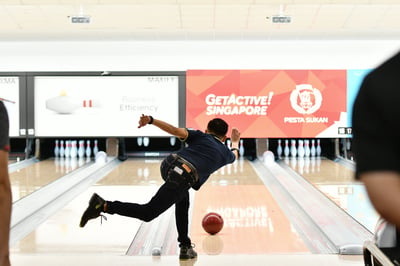
- Shows positive body language
- Attempts challenging skills
- Expresses ideas/opinions clearly
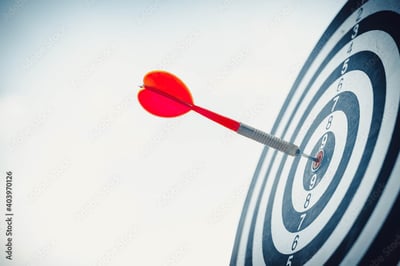
- Maintains performance standards
- Shows reliable execution
- Follows routines systematically
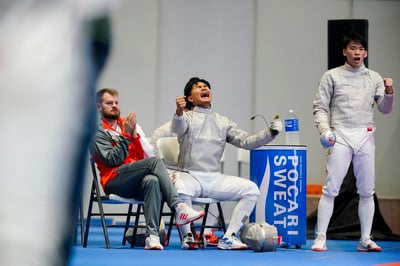
- Faces fears/difficulties directly
- Steps out of comfort zone
- Rebounds from setbacks
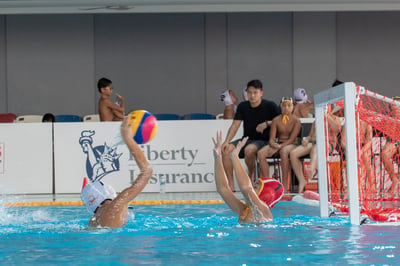
- Maintains effort in tough situations
- Pushes through fatigue
- Stays focused on goals with high personal effort
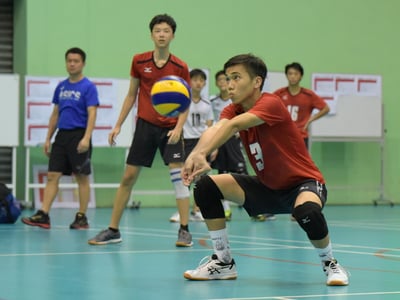
- Being on task or training on own initiative
- Practises with purpose
- Maintains effort throughout

- Strives for high quality execution
- Having a high standard of personal and team performance
- Shows commitment to improvement
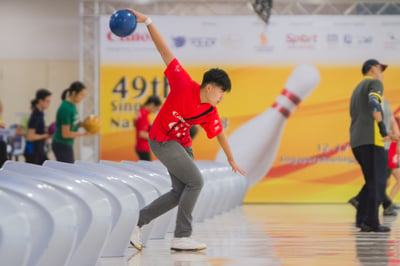
- Keeping to sports tasks without being distracted
- Shows consistent concentration on a specific skill or role assigned
- Maintains pre-game/training routines

- Bounces back from setbacks
- Persists through challenges
- Displaying grit under intense competition
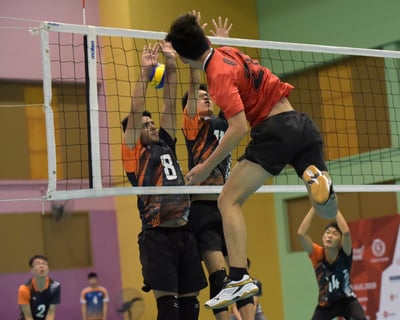
- Regulates emotions under pressure
- Follows training plans
- Shows disciplined preparation
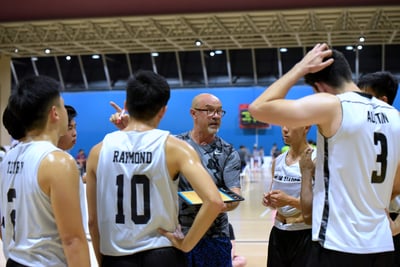
- Seeks feedback actively
- Implements corrections promptly
- Shows willingness to try new methods

- Shows sustained motivation toward goals
- Displays a competitive spirit
- Shows continuation of effort despite setbacks
Social values and attributes seek to improve relationships dynamics between team mates, opponents, coaches, officials, and strengthens team culture.
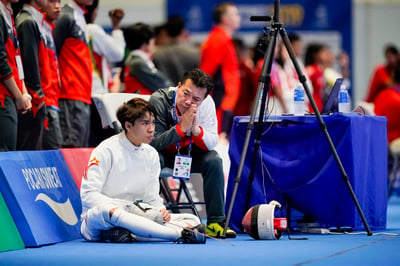
- Acknowledging consequences from personal actions
- Admits and learns from mistakes
- Follows through on commitments
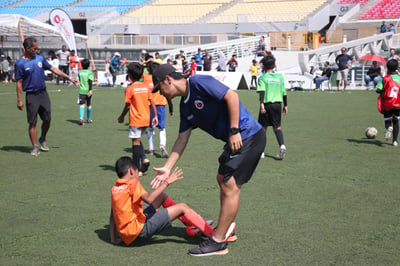
- Supports struggling teammates
- Shows concern for others
- Helps new members adapt

- Gives constructive feedback
- Listens actively
- Shares knowledge willingly

- Devoting steadfastly to training
- Playing the assigned role to best effort
- Follows through on tasks even when facing challenges
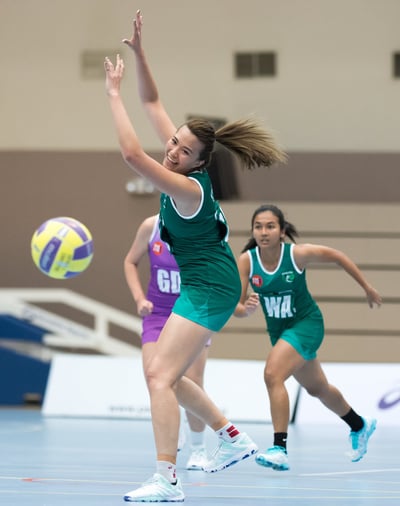
- Shows positive energy in training
- Encourages teammates to better performance
- Maintains high spirits in challenges
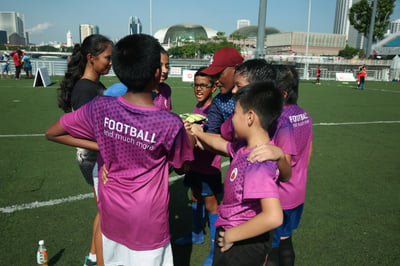
- Works well with diversity
- Resolves conflicts positively
- Actively encouraging teammates
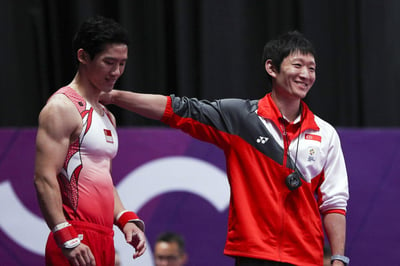
- Gives attention and understanding to views of others
- Acknowledges others' contributions
- Demonstrates good sportsmanship
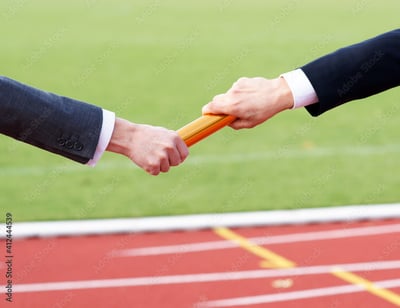
- Shows up prepared
- Completes assigned roles/tasks
- Fulfills team duties
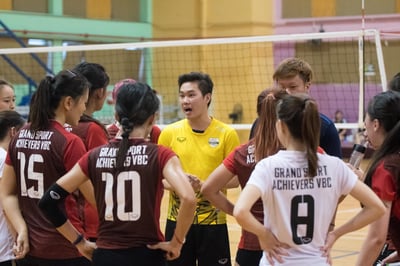
- Takes initiative in activities
- Guides less experienced teammates
- Shows positive influence
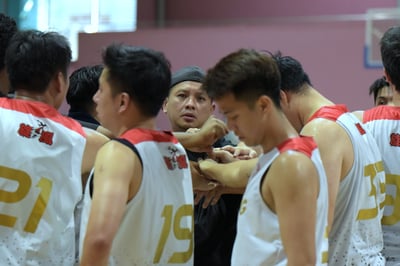
- Collaborates effectively
- Shares responsibility
- Supports team decisions
Moral values and attributes moderate our desires for success with a sense of righteousness.
They keep winning in perspective and guide us to do the right thing despite social pressure.
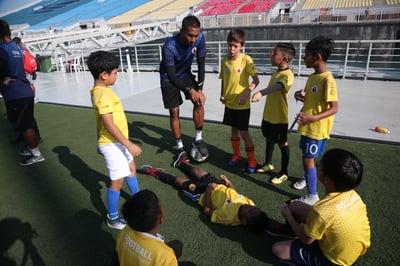
- Helps injured teammates/opponents
- Shows concern for others' struggles
- Supports those having difficulties

- Plays by the rules rather than looking for loopholes to exploit
- Shows respect to officials
- Accepts decisions gracefully
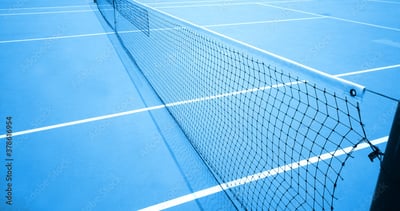
- Admits mistakes openly
- Voluntarily acknowledges faults/violations of rules
- Makes decisions based on strong moral principles

- Stands by team decisions and values
- Supports teammates in difficulty
- Puts team interests before personal gain
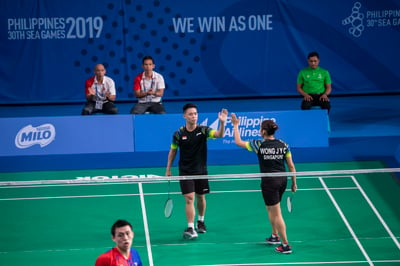
- Wins with humility and loses gracefully
- Acknowledges opponents' good play
- Consistent display of respect, fairness and integrity in different sport situations
Game For Life Resource Hub
Toolkits, templates, and lesson plans—everything you need to coach with impact.
GAME FOR LIFE
Mentoring Programme
Elevate your coaching with dedicated support and guidance on integrating values into every session.

It has been an insightful and enjoyable experience to learn from my mentor, Gobi. A major progress for me has been penning down my thoughts rather than just managing scenarios on the fly.
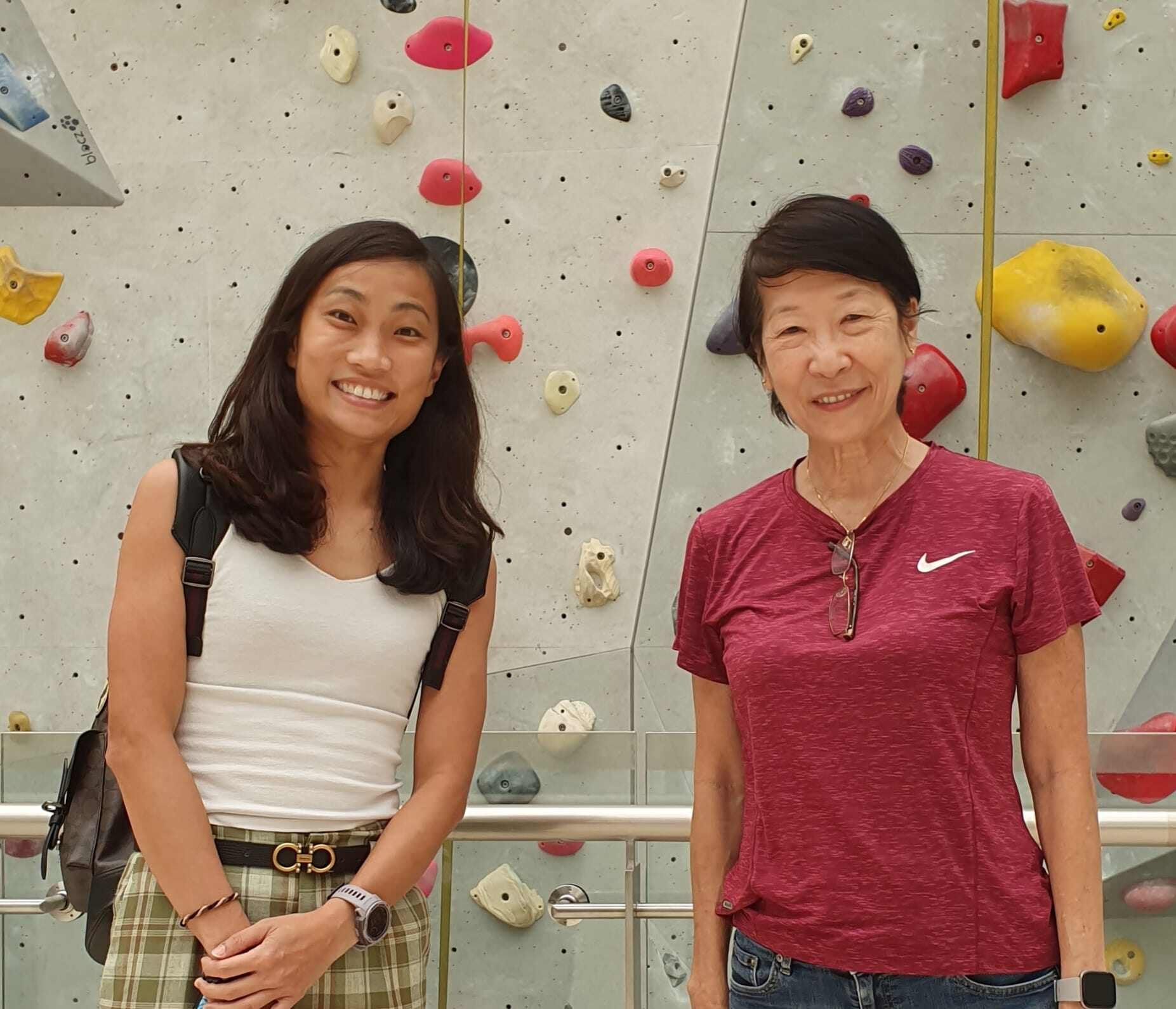
Dr Teo-Koh is a very good mentor. She did not just tell us what to do but rather got us to reflect on our coaching actions during training and how we can grow our skills. Overall, this has been a great learning and pleasant experience for me.
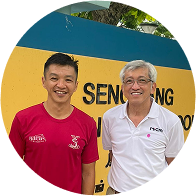
I have gained the confidence and competence to design and implement a values-based PE/Coaching Session without forgetting the psychomotor and cognitive aspects of a PE/Sports programme. Having a mentor is like having an accountability partner and a “coach” that helps me to translate what I have learnt about GFL.
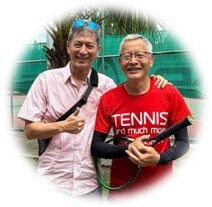
Vincent’s mentorship was transformative, particularly for my mindset. His genuine encouragement and motivational talks spurred me to work even harder. I valued how he tailored feedback to my strengths while gently pushing me out of my comfort zone. Most of all, his passion for values-based coaching was contagious—I now see tennis as a tool for life lessons.
Hand on heart, I know sport made me.
Tharman Shanmugaratnam
President of Singapore
